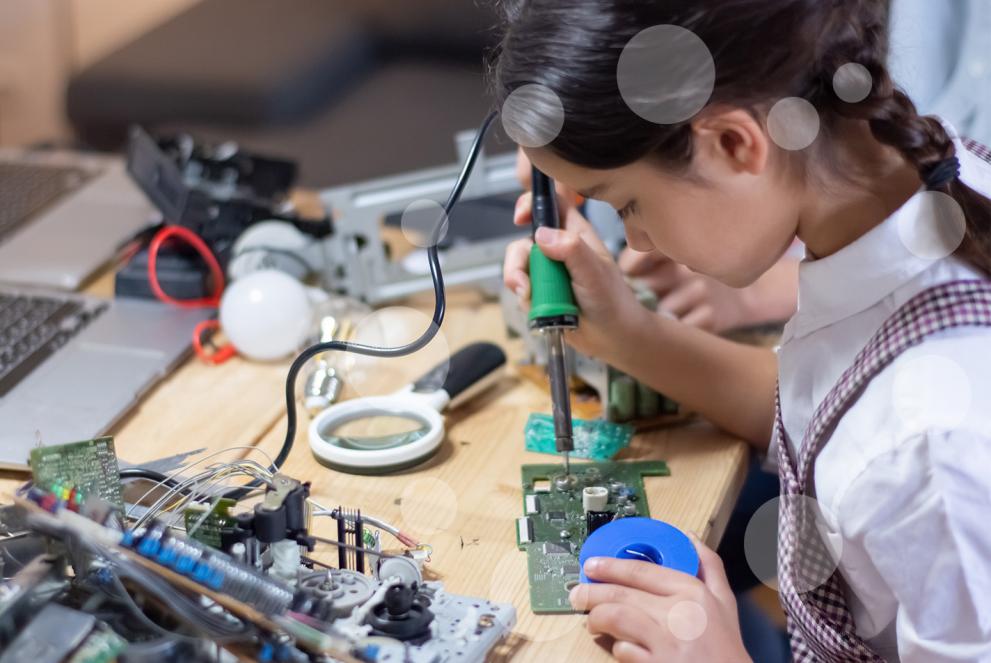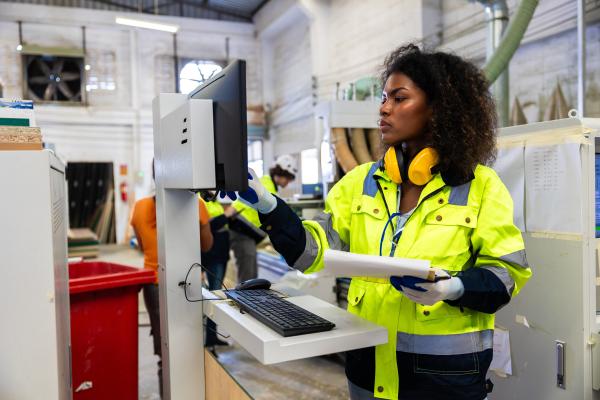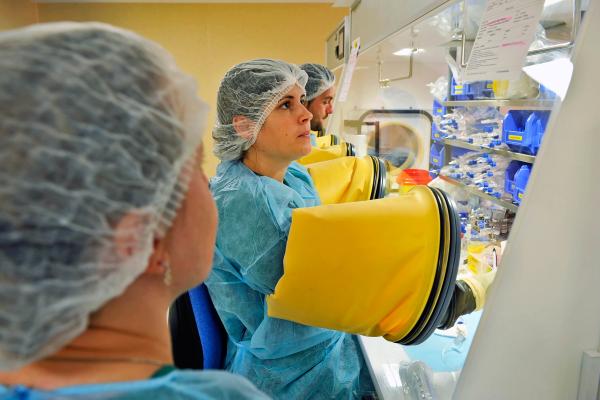- Contributes to EC priorities:

The twin green and digital transition, towards a climate neutral economy, will have significant implications for skills development, education and employment. At the same time, skills, education, new tasks and occupations are important enablers of the twin transition.
Our goals:
- Contribute to linking and integrating these different policy areas across and within the Commission, taking into account the important developments under the Skills Agenda and the work of partnerships established in various ecosystems;
- Promote the implementation of the twin transition in the appropriate political, economic and social context;
- Anticipate how institutions can influence opportunities, constraints and choices is a precondition for the design and implementation of efficient and fair policies and tools in the area of human capital and for supporting their implementation.
- Agriculture and Rural Development
- Climate Action
- Communications Networks, Content and Technology
- Education, Youth, Sport and Culture
- Employment, Social Affairs and Inclusion
- Environment
- Internal Market, Industry, Entrepreneurship and SMEs
- International Partnerships
- Maritime Affairs and Fisheries
- Mobility and Transport
- Research and Innovation
- Structural Reform Support







